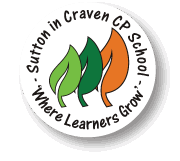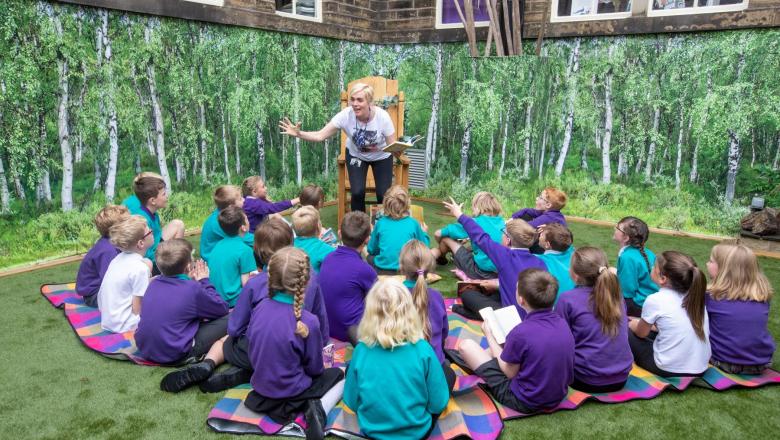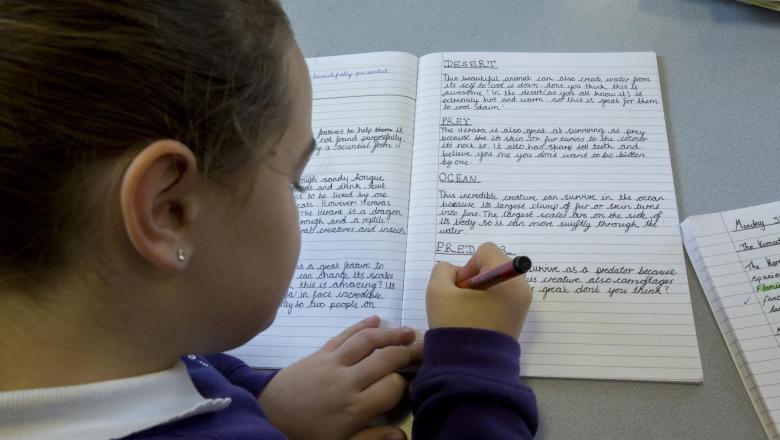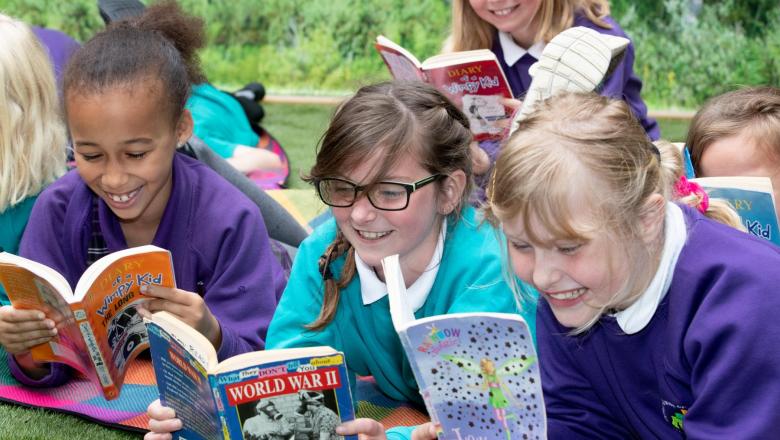“Education is not the filling of a pail, but the lighting of a fire.”
(W.B Yeats)
Intent
At Sutton in Craven Community Primary School, the teaching of English forms the foundation of our curriculum. Our intention is to ensure that our children leave primary education literate in the areas of reading, writing, speaking and listening. We aim for them to make progress across the key stages and to become passionate readers and writers, eloquent and confident speakers and engaged listeners. English at Sutton in Craven CP School isn’t only a daily discrete lesson, but is at the cornerstone of the entire curriculum. It is embedded across all subjects - within all our interactions with our children - and we strive for a high level of quality immersion in written and spoken English for all.
Through using high-quality texts from a wide range of genres, immersing children in vocabulary rich learning environments and ensuring curriculum expectations and the progression of skills are met, the children at Sutton in Craven CP School will be exposed to a language enriched, creative and continuous English curriculum. This will not only enable them to become primary literate, but will also ignite within our pupils a love for reading, creative writing and purposeful speaking and listening.
A high quality education in English will teach pupils to read, speak and write fluently so that they can communicate their ideas, opinions and emotions to others, and - through their reading and listening - others can communicate with them. The children will have a chance to develop culturally, emotionally, intellectually, socially and spiritually and to celebrate the diversity and worth of themselves and others. In doing so, our learners will grow and flourish; they will develop a love of the spoken and written language and will become the best readers, writers, speakers and listeners they can be through our teaching and provision in the subject of English.
Implement
We believe that well-planned, consistent and well-taught English is the bedrock of a valuable education. At Sutton in Craven CP School, we ensure that the teaching of English is purposeful, robust, shows clear progression and allows for a wide range of reading, writing, speaking and listening experiences for all children.
Pupils learn how to read independently through our chosen systematic synthetic phonics programme: 'Little Wandle Letters and Sounds Revised'. We teach pupils how to read with increasing fluency and prosody, in order to develop their enjoyment of reading, performing and hearing texts being read aloud to them. Our pupils develop and apply comprehension strategies: intentional actions to understand and remember information in a text. At Sutton in Craven CP School, we explicitly teach these skills through small group and whole class reading practice sessions, exposing children to a range of fiction, non-fiction, poetry and disciplinary (cross-curricular) texts. We explicitly develop our pupils’ understanding of tier 2 and 3 vocabulary through reading, our writing journey and oracy.
Pupils develop the skills, independence, motivation and stimulation to enable them to read for pleasure through independent, shared and collaborative reading experiences. We are developing bespoke collections of books (both in classes and in our library) for different ages and reading abilities, selected in order to promote a personal love of reading and to enable pupils to see themselves - and the diverse world around them - reflected in the material they read. We want our school to be a place which promotes and celebrates reading and creates excitement and curiosity through our classroom and library environments.
Pupils are taught to be confident, eloquent and responsive speakers and listeners through providing opportunities for our children to engage in discussion and talk, promoting oracy skills, developing personal opinions and having the confidence to challenge the opinions of others, whilst remaining sensitive to individual feelings and thoughts.
To develop effective writing skills, our pupils have cross-curricular opportunities to examine different texts and writing genres, to talk about writing, plan, look at modelled examples, draft their writing, respond to feedback, edit their writing and produce ‘polished’ pieces. Our whole school writing journey is taught to provide our pupils with the skills they need to produce progressively improving written work. Our children understand that spelling and handwriting is an important factor in successful communication of their ideas to others. In line with the National Curriculum, we ensure that each year group is learning and applying the explicit grammar, punctuation and spelling objectives required.
Formative assessment of each pupil’s progress in English forms part of our daily teaching skillset. This, alongside summative assessment, allows us to implement timely interventions in order to provide quality first teaching and education which enables our pupils to fulfil their potential and meet expectations in their learning.
Impact
We hope that the impact of our English curriculum on our children will be clear: progress, sustained and motivated learning and transferrable skills. Our children become fluent readers who read a range of increasingly challenging books as they progress through our school. By the end of their primary education, children have developed the skillset to be more confident writers, so that by the time they are in Upper Key Stage 2, most genres of writing are familiar to them and the teaching can focus on creativity, a writer’s craft, sustained writing and the manipulation of a greater depth of grammar and punctuation skills. As our children move on from us to further their education and learning, we hope that their creativity, passion for English and high aspirations travel with them and continue to grow, flourish and develop as they do.





